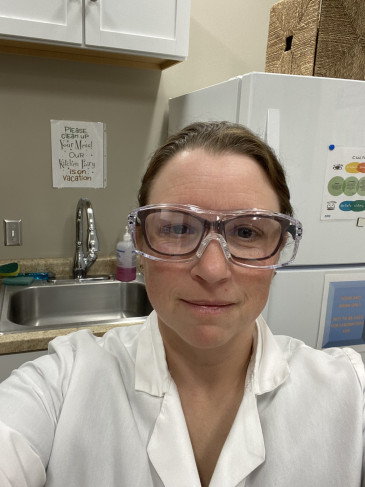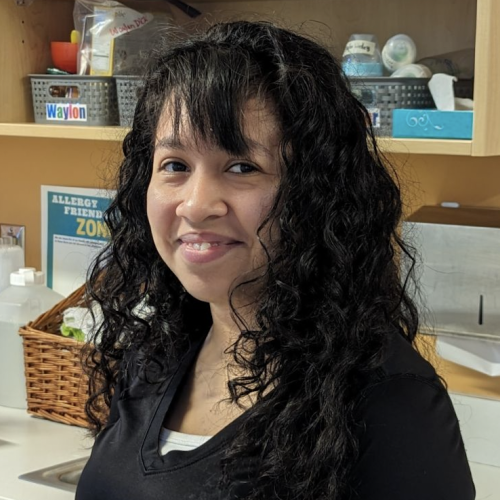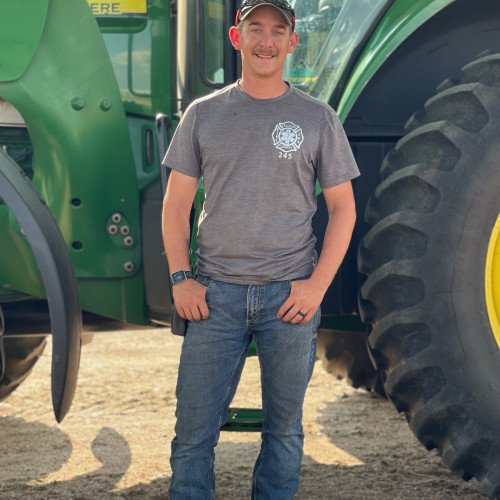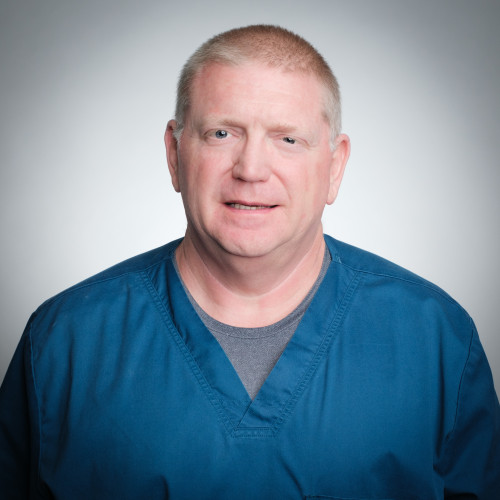
Michelle Coleman
Research Scientist
When I was in high school, I took a few agriculture classes and absolutely fell in love with the industry. To explore the field more, I joined our school’s FFA (previously known as Future Farmers of America) chapter. I enjoyed every minute of my experience in the program, and it definitely influenced my decision to pursue an ag career.
To dip my toe into the professional side of the industry, I took a job as a field research assistant to a horticulture (plant) scientist — I couldn’t get enough! The challenge of being faced with a question and trying to figure out how to design an experiment to find an answer was thrilling. This position solidified my desire to follow a professional path in agriculture and research.
I attended the University of Tennessee at Martin and earned my bachelor’s degree in animal science. While going to school, I worked at the university’s equestrian facility tending to the horses. The job was fun, but I missed doing research, so I found a professor at the university who was hiring for research positions and applied. In this role, I helped with several swine nutrition projects. Again, I loved collecting data and seeing the big picture come together to prove or disprove a hypothesis. I knew this combination of animals and agriculture was the perfect career mix for me.
To set myself up for success, I earned my master’s degree in food science and continued to work in labs while going to school. Today, I’m a research scientist at MS Biotec in Wamego. At this company, we design and carry out experiments for our product LactiPro, which helps cattle in the feedlot deal with stress.
Being involved in every step of a research project from coming up with an idea to seeing an experiment executed is a fulfilling journey. My biggest goal as a scientist is to continue producing impactful research, especially when it helps farmers be more successful with their cattle.
If you’re interested in research or science, ask lots of questions! There are plenty of local opportunities for you to get hands-on experience through internships, volunteer work or other routes. Some universities even have programs that let high school students work in their labs over the summer. Find any chance you can to get your hands dirty. (That’s a figure of speech — labs are notoriously clean!)




